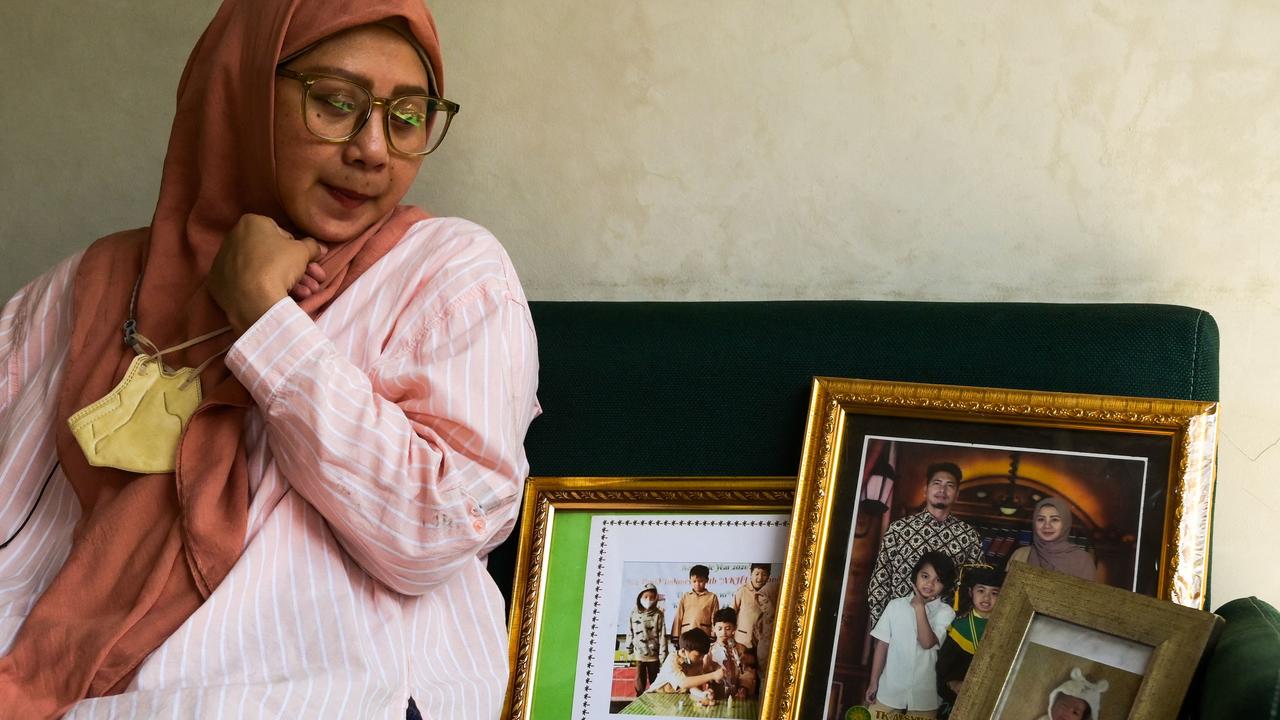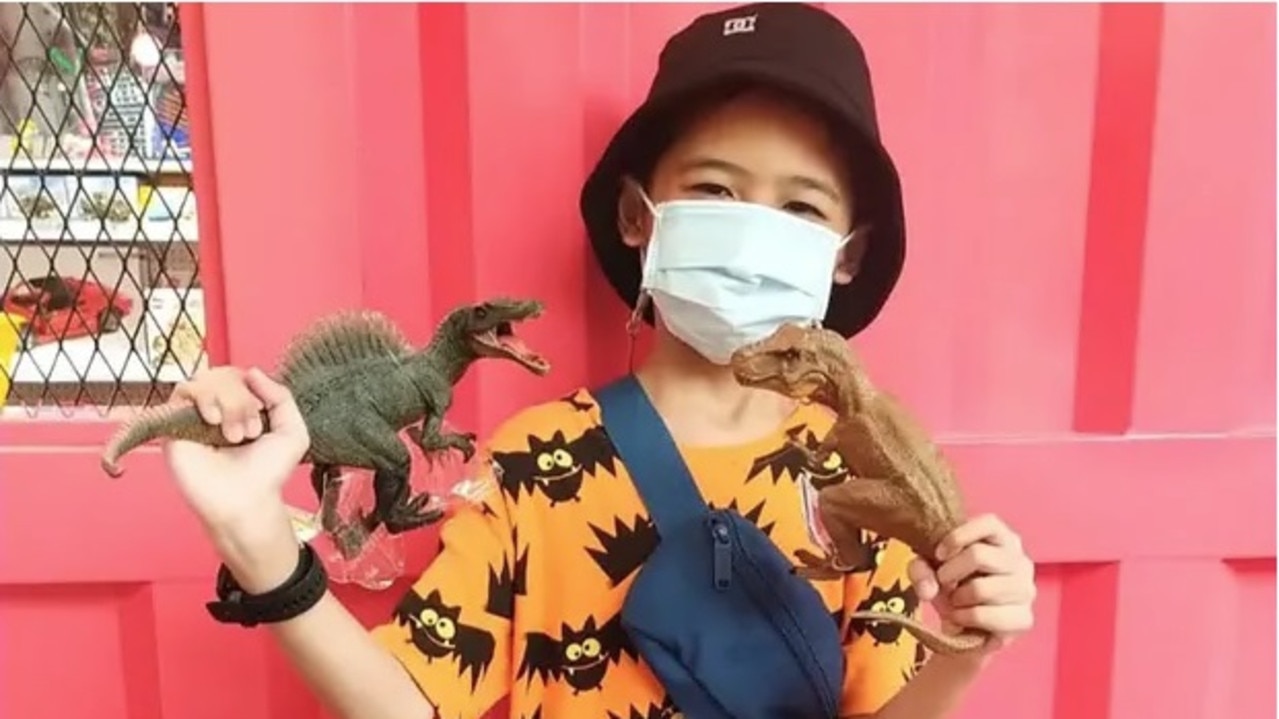Indonesia’s parents seek justice over child cough syrup deaths
Some 200 children have died in one nation after taking toxic cough syrups. Now their families are demanding answers.
More than 200 children have died in Indonesia after ingesting tainted cough syrup.
Those who survived have been left debilitated. Some can’t move their limbs. Others needs to recover their communication skills and are unable to swallow food.
Authorities confirmed contaminated syrup was the cause of the deaths in November last year.
At least 116 medicines from six companies have been banned after being found to contain high levels of the toxic chemicals diethylene glycol and ethylene glycol.
Now, 25 families are suing Indonesia’s health and finance ministries, the country’s drugs regulator, and at least eight pharma companies for the deaths and injuries.

One parent, Safitri Puspa Rani told AFP the class action was her “last responsibility” as a parent to her beloved son, Panghegar.
“What I want is for the public to understand what we’ve gone through,” she said.
“I know there’ll be nothing we can do that can bring Panghegar back to us, but this is my last responsibility as his parent, and I’ll do it no matter how long it takes.”
A month before her son died he had a dinosaur-themed birthday party. Decorations still hand on the walls of her home.
That day would turn to heartbreak a month later after a doctor prescribed him a cough syrup.
“I whispered in his ears: ‘The medicine is coming, please hang in there a little bit more’,” Rani said, crying in her home in West Java province as she recalled the final days of her son’s life.
“But I lied, there was no medicine.”
‘Not a priority’
Since the government sounded the alarm in October, Indonesia’s food and drug agency has recalled 105 products after tests revealed excessive amounts of the two chemicals.
It has also revoked the licenses of six pharmaceutical firms. Police have launched an investigation into five companies and arrested four suspects.
But the plaintiffs say that is not enough.
“From the beginning, this case was not considered a priority,” said Awan Puryadi, the lawyer representing the families.
“All of the victims who are still alive, and are still being treated, must all be covered by the government for the rest of their lives.”
They are seeking compensation of 2 billion rupiah ($194,429AU) for every person killed and 1 billion rupiah ($97,195AU) for every person injured.
In a hearing last month, parents wore black shirts that read “I thought it was medicine, it was poison”.

The next hearing is scheduled for March 9.
One of the accused companies in the lawsuit contacted by AFP denied putting the chemicals in its cough syrups and blamed a distributor for any contamination.
Indonesia’s drug regulator, like the WHO, says the chemicals should never be used in syrup medicines because they can be toxic for humans.
But it says in the event of contamination during production, the chemicals can be consumed safely up to a level of 0.1 milligrams per millilitre.
Four other companies named in the lawsuit did not respond to a request for comment and AFP was not able to reach three firms. The seven have not commented publicly on the lawsuit or the allegations.
Cases outside Indonesia
Of course, Indonesia is not the only country impacted.
In October, the World Health Organisation said the deaths of dozens of children in The Gambia from kidney injuries may be linked to contaminated cough and cold syrups made by an Indian drug manufacturer.
More Coverage
Indian health authorities said later that they had halted all production of New Delhi-based Maiden Pharmaceuticals after a WHO report that its cough and cold syrups exported to Gambia may be linked to the deaths of children.
In December, India again launched an investigation into the death of 18 children in Uzbekistan after they consumed an Indian-manufactured cough syrup. India’s health ministry said the Central Drugs Standard Control Organisation (CDSCO) – the country’s drug regulatory authority – was communicating with its counterpart in Uzbekistan over the incident.
-with AFP





